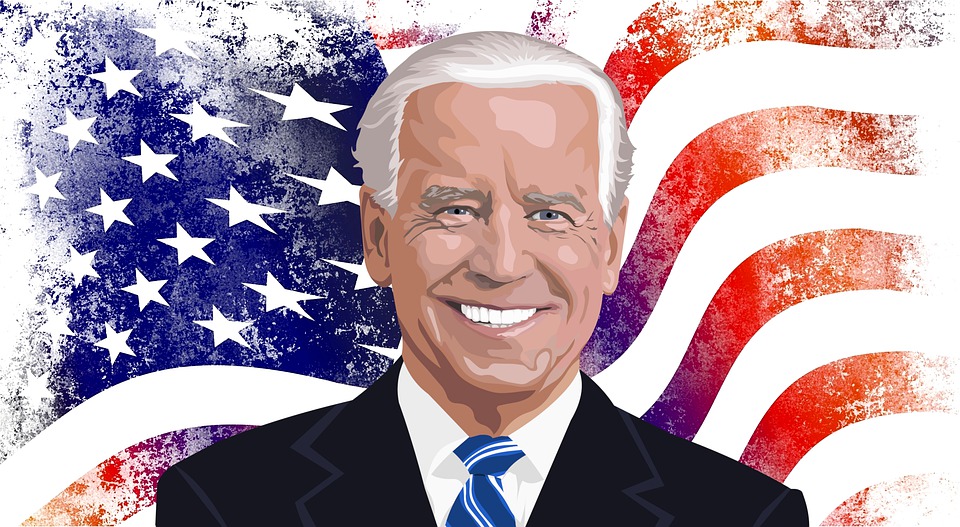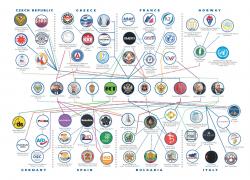Biden’s Stimulus Program: Inflationary Risks
Biden’s stimulus program could compromise the monetary stability of the United States.
In his first month as president, Joe Biden is proposing a stimulus program of $1.9 trillion. This program would be implemented in addition to the stimulus program approved by Trump in December of 2020, known as CARES, which is of roughly a trillion dollars.
If we add both programs to the spending program already approved on infrastructure, the American economy would be experiencing an economic stimulus of $3.4 trillion, close to 15 percent of its gross domestic product. Such an increase in public spending would only be comparable in magnitude to the spending made by the United States government during World War II.
Therefore, the stimulus program of the Biden administration could end up compromising the monetary stability of the United States. I would argue that a more effective way to use these resources is by using them to increase the productivity of the American economy, as well as its productive capacity.
Biden’s Stimulus Program: Inflationary Risks
The purpose of the stimulus program in question is to mitigate the economic effects of the pandemic, which has produced a sharp fall in the American gross domestic product and, with it, has reduced its industrial production, consumption levels, and the average income of its workers.
In principle, as an economist, I agree with using both fiscal and monetary policy tools to mitigate the economic shock of the pandemic. Therefore, my problem with the stimulus program proposed by Biden is not so much with its economic rationale, but with its magnitude and implementation – since said program should aim to offset the effects of the external shock, not to increase the aggregate demand of the economy above its productive potential.
Specifically, if the pandemic had never occurred, the country's economy would be $900 billion larger today. Therefore, a stimulus program that seeks to compensate for this shock should be around a trillion dollars. In contrast, with President Biden's proposal, the stimulus would be three times greater than the external shock produced by the pandemic.
Therefore, Biden's economic stimulus would be counterproductive for the American economy; since the stimulus would not be focused on offsetting the effects of the virus, but on increasing the consumption possibilities of said economy well above the balance prior to the pandemic. The stimulus would end up “overheating” the American economy, increasing the inflation rate in that country.
Olivier Blanchard, who is a professor at MIT, specifically argues that Biden's economic stimulus would place the aggregate demand of the American economy 14% above its productive capacity, which would result in an increase in the country's inflation rate. That argument has also been voiced by Lawrence Summers, an economist at Harvard University, who was also Secretary of the Treasury under Bill Clinton.
For this reason, like Summers, my argument regarding Biden's proposal is that the $1.6 trillion stimulus should not be used to finance consumption, but to increase productivity and the productive capacity of the American economy. Otherwise, these funds would only create a consumer boom in the short term, which would compromise the monetary stability of the United States.
By Jorge Jraissati
Jorge Jraissati is the president of the Venezuelan Alliance. Graduated at the Wilkes Honors College, Jorge is an economist, political leader, and a fellow at the Abigail Adams Institute. Jorge has been invited as a guest lecturer to over 20 universities, such as Harvard, NYU, and Cambridge.




















